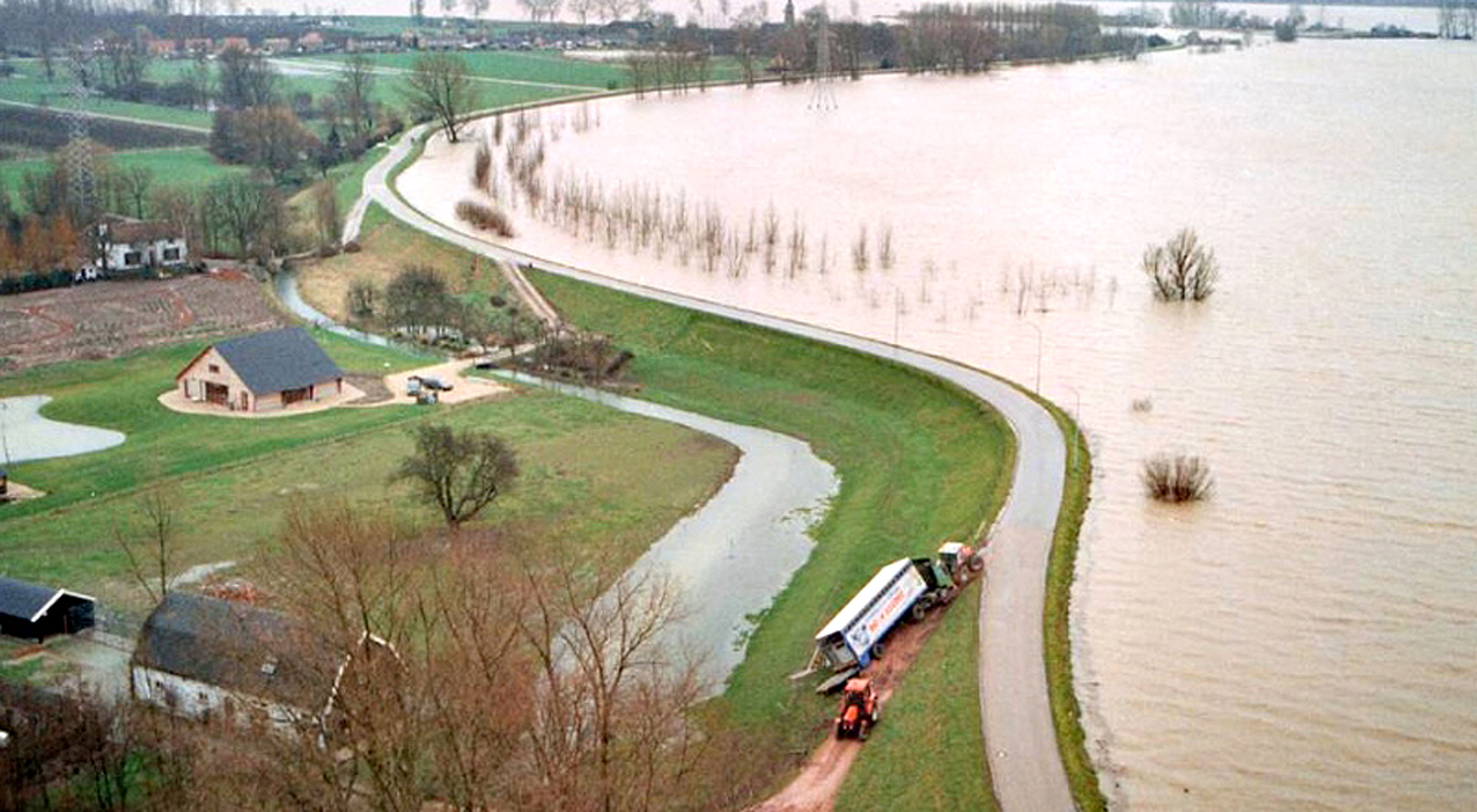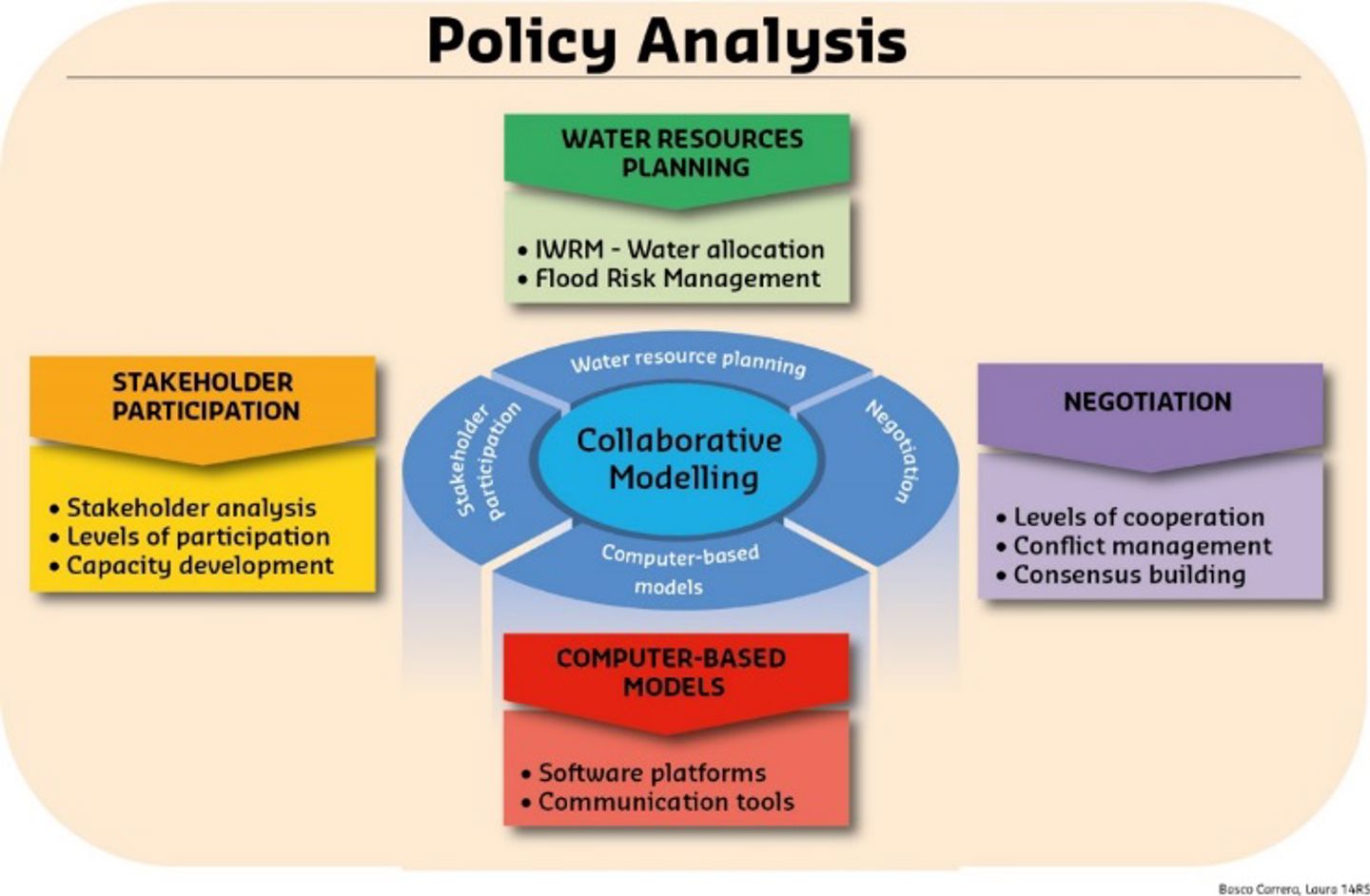- NGI /
- Projects /
- EVOKED - re-frame the risk and uncertainty associated with climate data /
- WP3 Co-Validate
WP3 Co-Validate
Added value of collaborative and interactive modelling, field trails, capacity building and adaptation measures. Co-Validation is a central step in the EVOKED framework in order to validate the outcomes of the Co-Design and Co-Develop steps through field trails.

Collaborative modelling approaches involve interactive and iterative processes in which stakeholder engagement and communication activities are complemented by modelling and communication tools. Ownership and acceptance of strategic plans by national and local authorities are critical preconditions for ensuring sustainable development objectives are met.
Limited knowledge about water resources systems in addition to disagreements between water users, stakeholders and decision makers are frequently causes for reduced acceptance of strategic documents and master plans. Collaborative modelling approaches offer a means with which to address such shortcomings in traditional planning and decisionmaking processes. They promote the fruitful engagement and participation of decision makers and stakeholders in the analysis and assessment of policy options.
Stakeholder involvement in these activities is typically characterized by high levels of participation, influence and control over the developed plan or product. The collaborative modelling processes employed are designed to create the necessary cooperative environments to facilitate the joint formation of negotiated solutions (see figure below).

Collaborative modelling is situated within an improved policy analysis framework, here for Urban Climate Adaptation planning.
Objectives
- To design field trials which are able to validate assumptions on the use of knowledge concerning climate adaptation measures and their implementation.
- To validate the different approaches (as designed in Co-Design and Co-Develop) in the living labs by executing field trials (interactive sessions and application of the designs in practice).
- To enable the involved stakeholders to use the results of the field trials in decision-making processes (capacity building).
Activities
Activities include:
- Basic Research - literature review on barriers/opportunities/mechanisms for the implementation of climate adaptation measures and the design of field trials
- Applied Research - designing the field trials within the living labs
- Demonstration - executing the field trials and capacity building of involved stakeholders.
- Task 3.1 Development of a field trials framework including literature review (Responsible: DS and other partners)
- Task 3.2 Execution of the field trials (all partners)
- Task 3.: Development of capacity building material for field trials